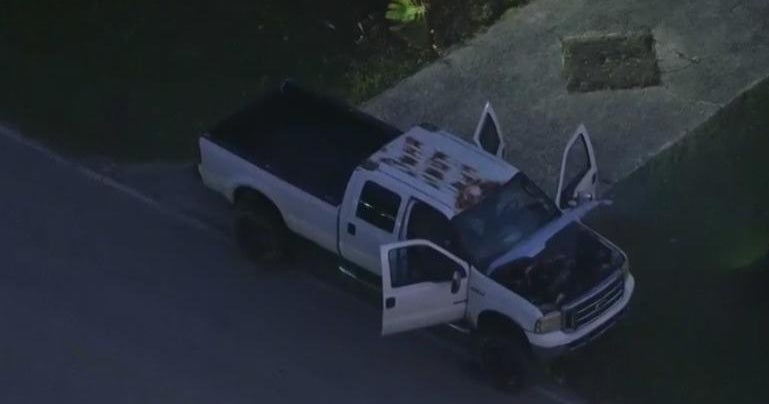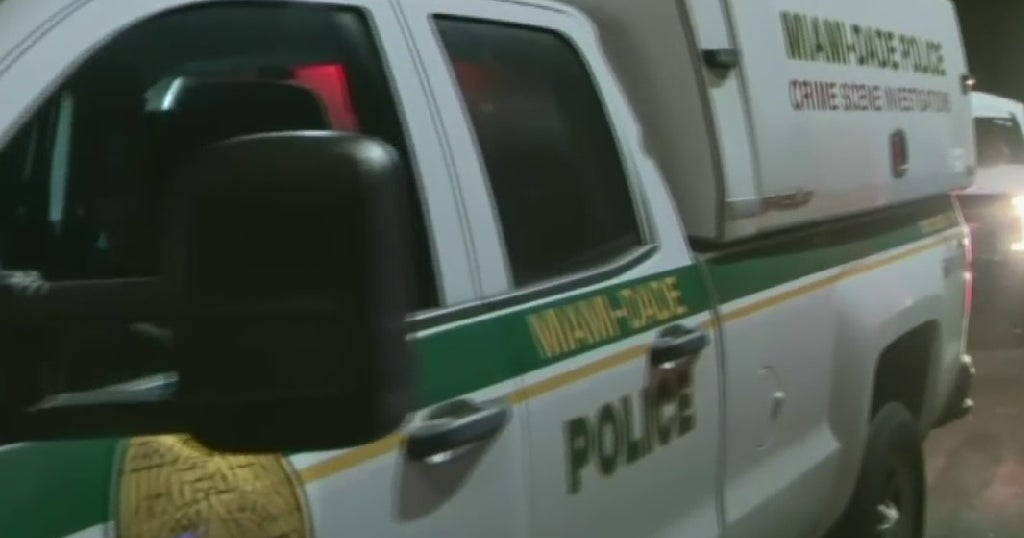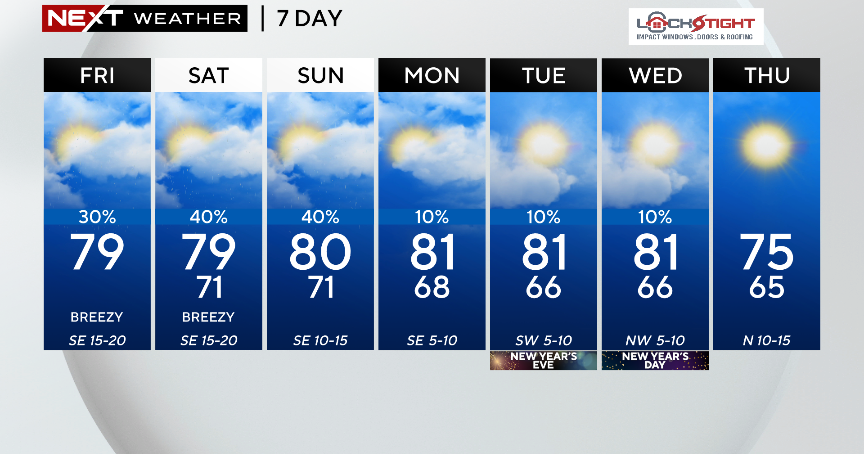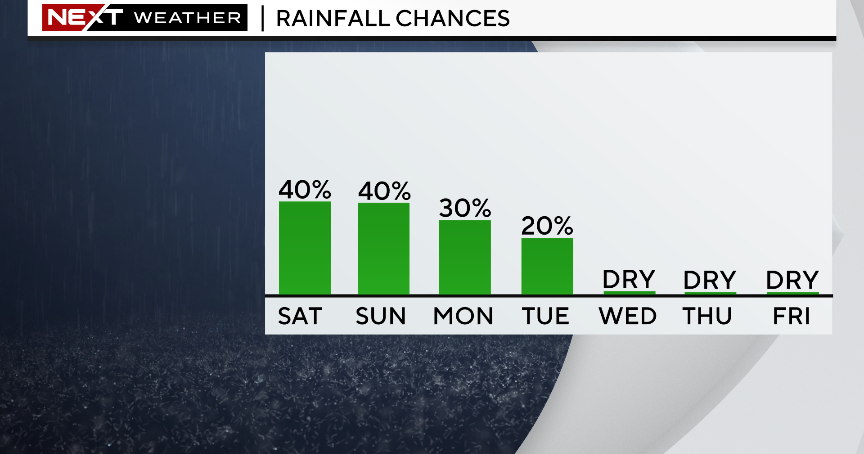So. Fla. Bay Of Pigs Heroes Honor 50th Anniversary Of Invasion
MIAMI (CBS4) - Sunday, April 17th, is the fiftieth anniversary of an event that lives in infamy for Cuban Americans: the Bay of Pigs Invasion.
In 1961, 1500 troops, trained and supported by the U.S., landed on the southern coast of Cuba in an ill-fated attempt to overthrow Fidel Castro and his communist revolutions.
The invasion's failure had profound consequences on the world and on South Florida.
On Friday, some of the heroes from that fateful day got together for an event honoring them at the Belen Jesuit Preparatory School in Miami.
Fifty years ago, the hopes of Cuban exiles to soon return to their homeland depended on these men, then young idealistic fighters who formed what was called Brigade 2506.
Humberto Martinez Llano was one of them. He was only 16 years old but told CBS4 anchor Antonio Mora; "I felt myself responsible to go and try to liberate my homeland."
Mario Martinez-Malo was 21. He went to train with the Brigade in Nicaragua and hid that from his parents:
"A friend of mine was the one that told my parents that I was captured in the invasion," said Martinez-Malo. "All that time they were thinking I was living and working in New York. For them it was a horrible surprise that I wasn't."
The invasion quickly failed when the U.S. didn't provide the air support expected. To this day, what they believe was political cowardice by President Kennedy still stings for both veterans.
"I felt betrayed. You have to realize the US government trained us, they gave us the weapons, they gave us the places where to train, they gave us directions," said Martinez Llano.
Without air support, Martinez Llano's transport ship, the Houston, was a sitting duck for Castro's air force. The ship's captain was forced to run the ship aground and the men faced a three hundred yard swim in shark-infested waters with planes shooting at them.
Martinez Llano said it was a chaotic scene.
"We had to go without boots or without weapons or anything like that. We suffered a lot of casualties in the water," recalled Martinez Llano.
Martinez-Malo spent days hiding in a swamp before being captured. "There was no food, no water, no nothing," he said.
For Martinez Llano, it was worse.
He and more than a hundred other prisoners were packed like sardines into an unventilated tractor trailer for an eight-hour drive in the broiling tropical sun. Nine men died, asphyxiated.
Martinez Llano said it was the most horrible time of his life.
"Inside the trailer it was raining, and it was raining from the condensation of our sweat, our urine and everything else," said Martinez Llano. "It was so hot in there that it was condensation at the top and raining back on us."
Both veterans spent more than a year in prison in horrible conditions on the Isle of Pines.
Martinez-Malo says more than two hundred prisoners were crammed into a room, sleeping on the ground with only one toilet.
They still regret the consequences of their failed mission.
"Cuba was not the only one that paid a high price. I think the whole Americas paid, plus Africa and the Middle East," said Martinez-Malo " Because after Fidel Castro won, he expanded his revolution all over the world. Up to that moment, there was no guerrilla activity in Latin America or in Africa."
Despite their courage, they refuse to call themselves heroes, saying the heroes were the ones that died.
"We were idealistic. We wanted to restore democracy to Cuba. We wanted the Cuban people to be free," Martinez Llano said. "That's what motivated us to go and that's still what we feel today."
These heroes and another eleven hundred prisoners returned to the U.S. a year and a half later, ransomed for $53 million in food and supplies.
The Bay of Pigs had far-reaching consequences, emboldening Castro, who then took the world to the brink of nuclear war in the Cuban Missile Crisis.
And South Florida, of course, was transformed by wave after wave of Cuban exiles.



